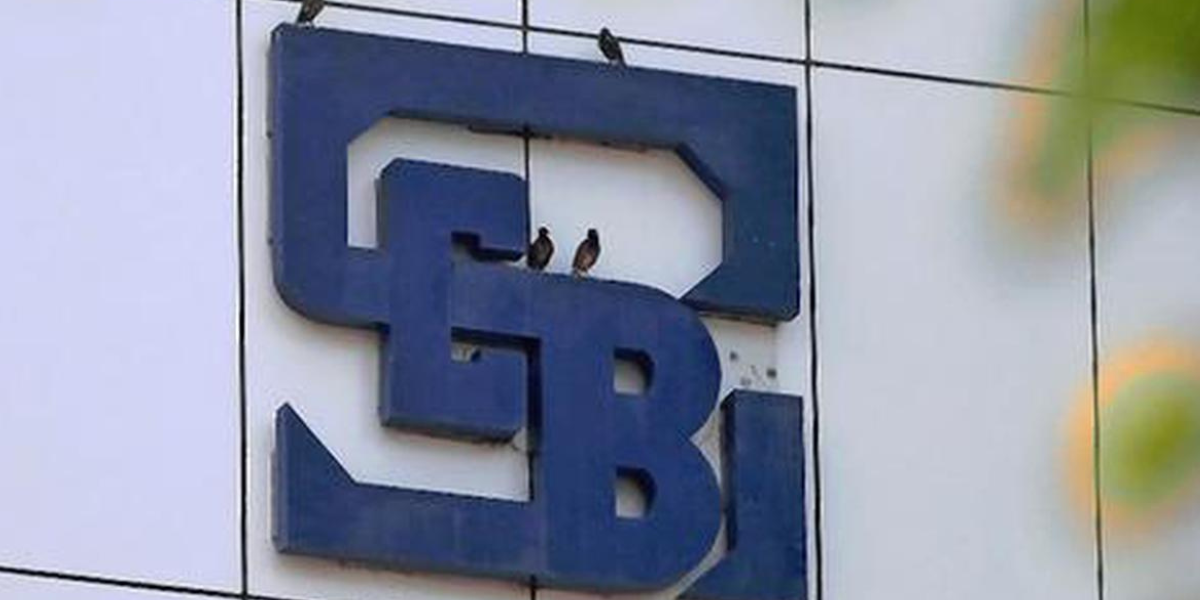
The Securities and Exchange Board of India (Sebi) has
mandated a minimum ticket size or investment threshold of Rs 1 crore for the
RBI-regulated originators and unregulated entities engaged in securitization
activities. Securitized Debt Instruments (SDIs) are financial products created
by pooling together various types of debt -- such as loans, mortgages, or
receivables -- and then selling them as securities to investors. This process,
known as securitization, allows the originator (such as a bank) to convert
illiquid assets into liquid ones, providing an alternative source of funding.
Investors in these instruments receive returns based on the performance of the
underlying debt pool, and the risk is spread across multiple assets, offering
potentially attractive returns.
Further, the minimum ticket size for subsequent transfers of
a securitised debt instrument will be Rs 1 crore for originators, which are not
regulated by the Reserve Bank of India (RBI). For securitised debt instrument
with listed securities as underlying, the minimum ticket size amount will be
that of highest face value among such securities. The new rules stipulated that
public offers for SDIs to remain open for a minimum of three days and a maximum
of ten days, with advertisement requirements aligned with Sebi's regulations
for non-convertible securities. Additionally, the regulator said that all
securitised debt instruments should be issued and transferred exclusively in
demat form. Sebi has prescribed a minimum track record requirement for
originators, requiring a minimum of three years of operating experience.
Regarding risk management, Sebi said that originators will
retain a minimum risk retention of 10 per cent of the securitised pool or 5 per
cent for receivables with a maturity of up to 24 months. To ensure that
originators maintain an interest in the underlying assets, Sebi has specified a
minimum holding period requirement of three months in case of loans with tenor
of up to two years; and six months in case of loans with tenor of more than two
years.
The market regulator included an optional clean-up call for
originators, allowing them to repurchase up to 10 per cent of the original
value of the assets. This call is optional and intended to help manage the
pool's longevity without mandating additional commitments from the originator.
The updated definition of 'debt/receivables' limits permissible underlying
assets to listed debt securities, accepted trade receivables, rental incomes
and equipment leases while disallowing re-securitization and synthetic securitization.
To give this effect, Sebi has amended the 'issue and listing of securities debt
instruments and security receipts' rules.
Source: Ace Equity